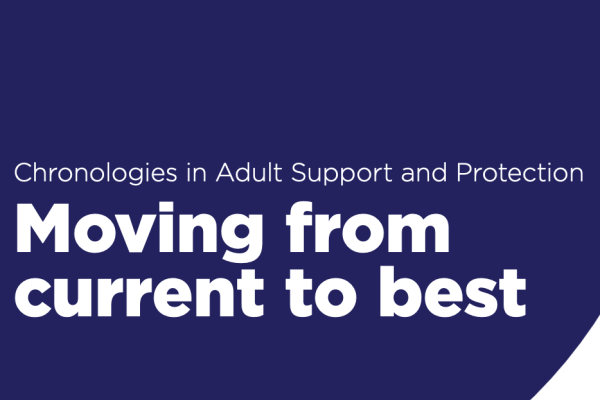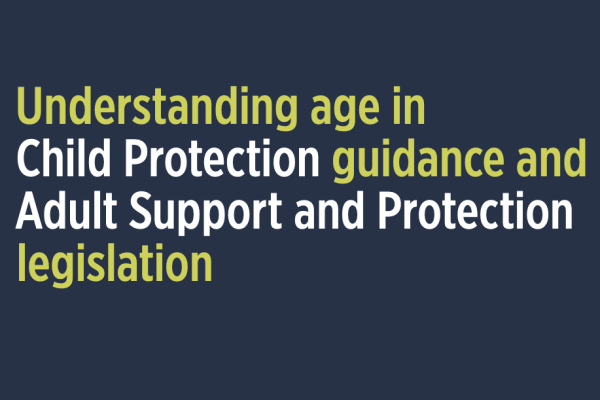Seen something? Say something
Adult Support and Protection is everyone's business. This video animation, made for Scotland’s national Adult Support and Protection Day 2023, highlights the signs of self-neglect and neglect. The video is especially useful in highlighting the role that people in the community have in raising concerns. The particular context of this video is the cost-of-living crisis, which may make day-to-day decisions harder. This, in turn, can impact on people's ability to look after themselves or others around them.





